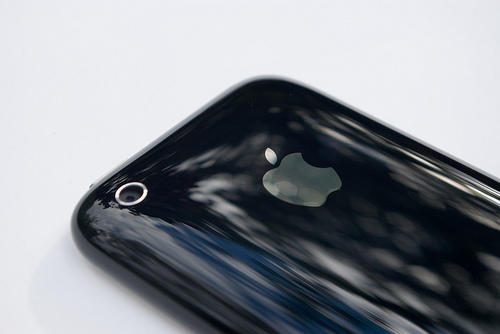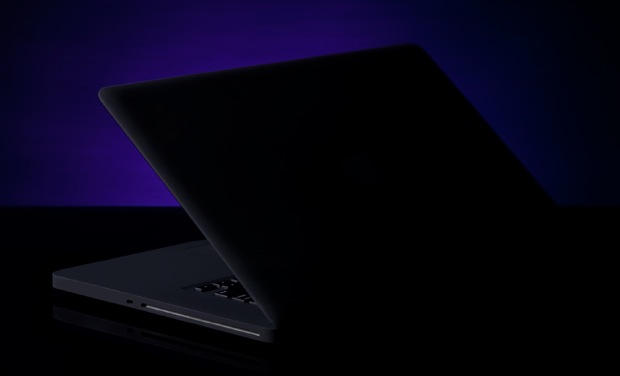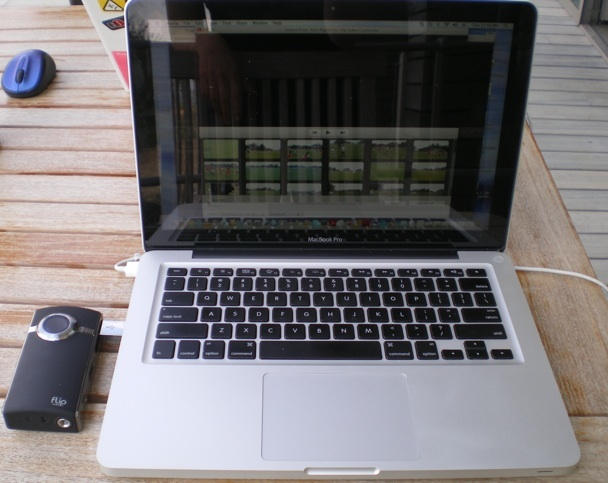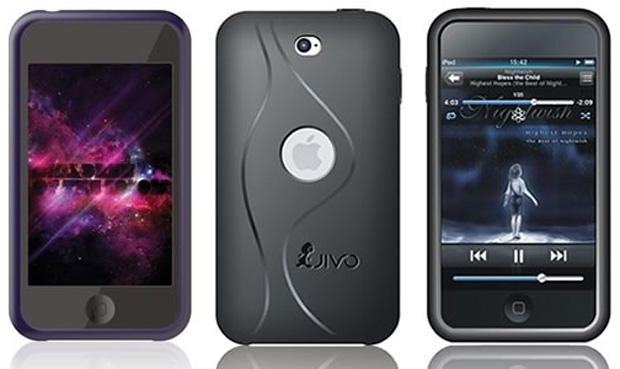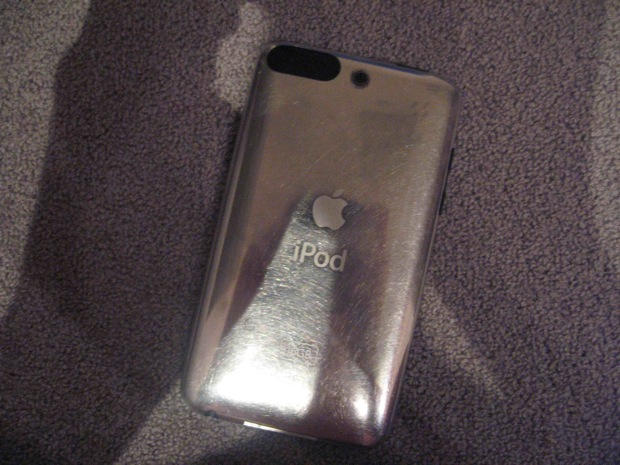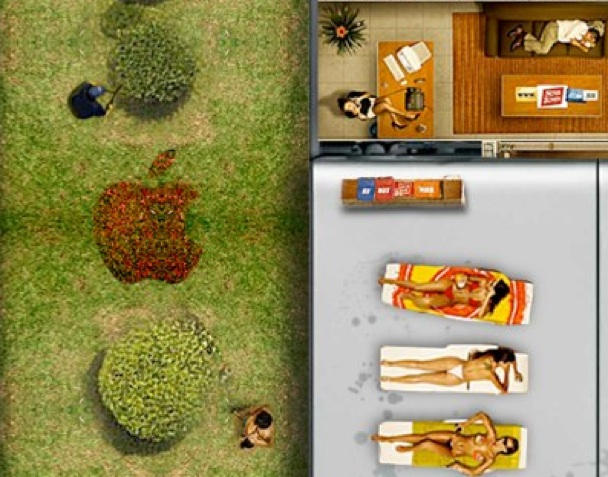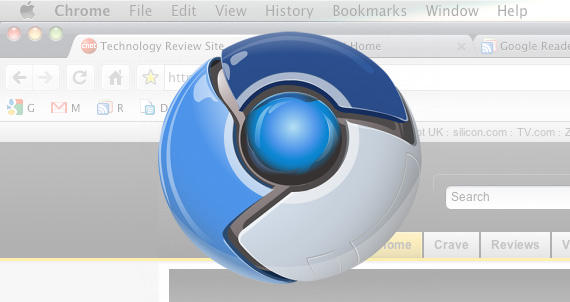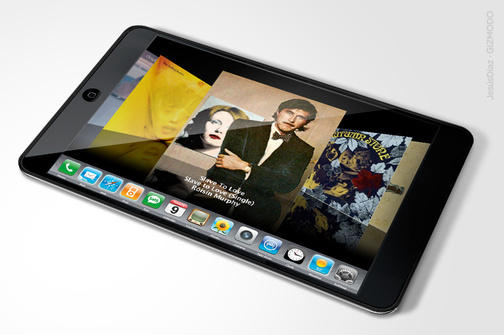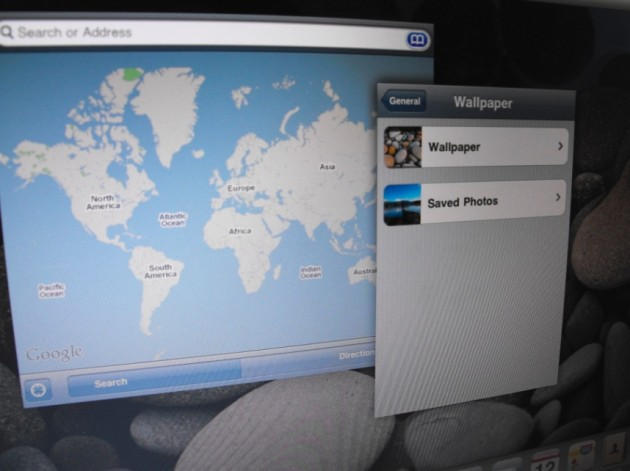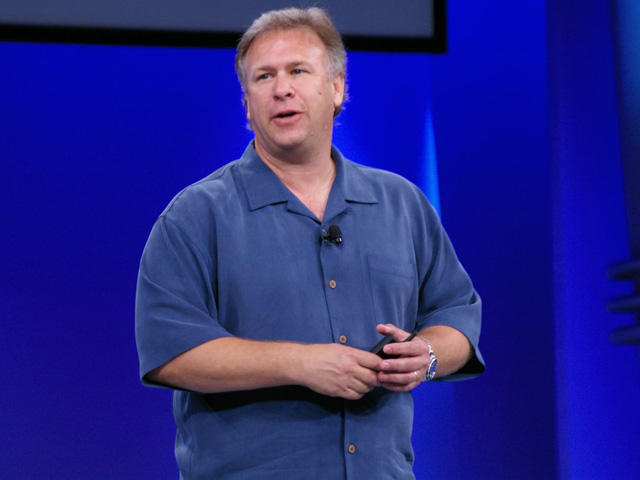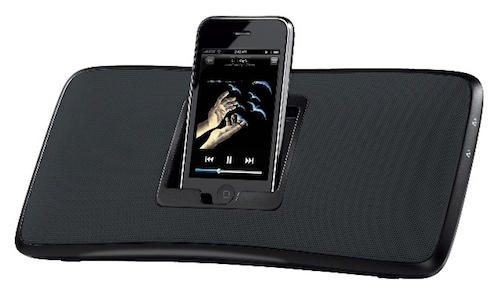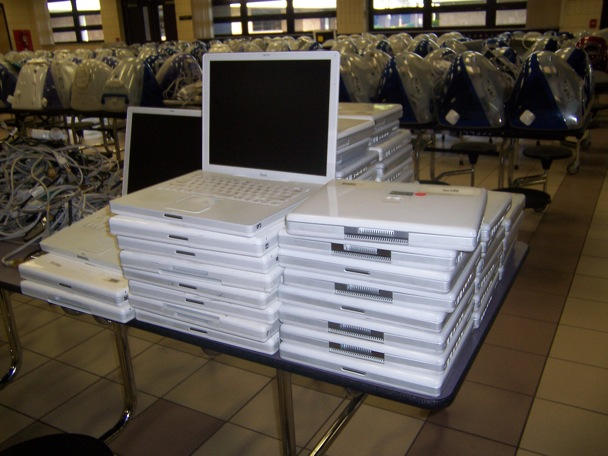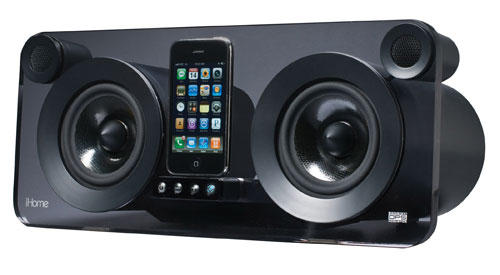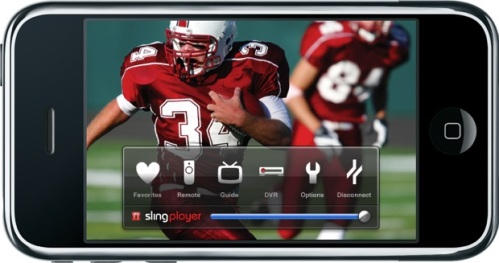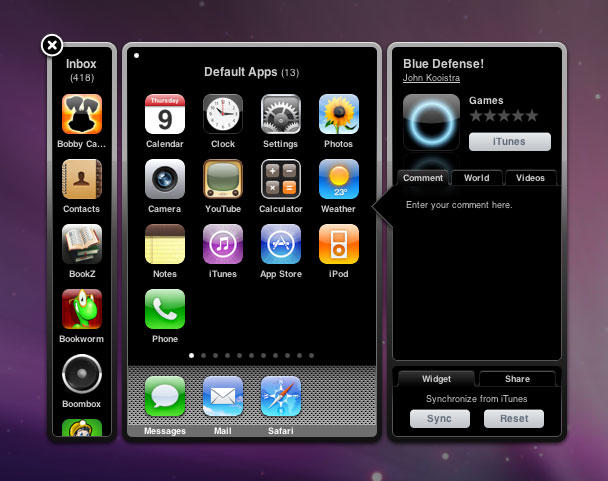iPhone 3GS users are significantly more satisfied with their device than Palm Pre users are with theirs, according to two reports published Friday by industry analysts RBC IQ / ChangeWave.
82% of iPhone 3GS users reported being “very satisfied” with the performance of their device, while just 45% of Pre owners reported as high a degree of satisfaction. 38% of users said the iPhone 3GS exceeded their expectations, whereas only 18% of Pre users were similarly surprised by the awesomness of their purchase.
Other interesting data points unearthed by the August surveys included news that more than 40% of iPhone 3GS buyers upgraded from prior versions of the Apple smartphone. Among first-time iPhone buyers, 18% switched from Motorola, 11% from Nokia, 9% from Research In Motion, 8% from Sanyo and 6% from Palm.
The 3GS may have bright holiday sales prospects as well, with nearly three in five respondents (57%) indicating they are likely to purchase the iPhone 3GS for someone else in the future.
Not surprisingly, AT&T was at the top of the list of things iPhone 3GS users dislike about the phone, with 55% of users citing it as a negative factor; only 8% of Pre owners reported complaints about Sprint, currently the exclusive network for US users.
Released in June to high praise and glowing reviews, the Pre was dubbed the smartphone most likely to challenge iPhone’s domination of the market segment. It would appear the Palm engineers have quite a bit more work to do on that score.
